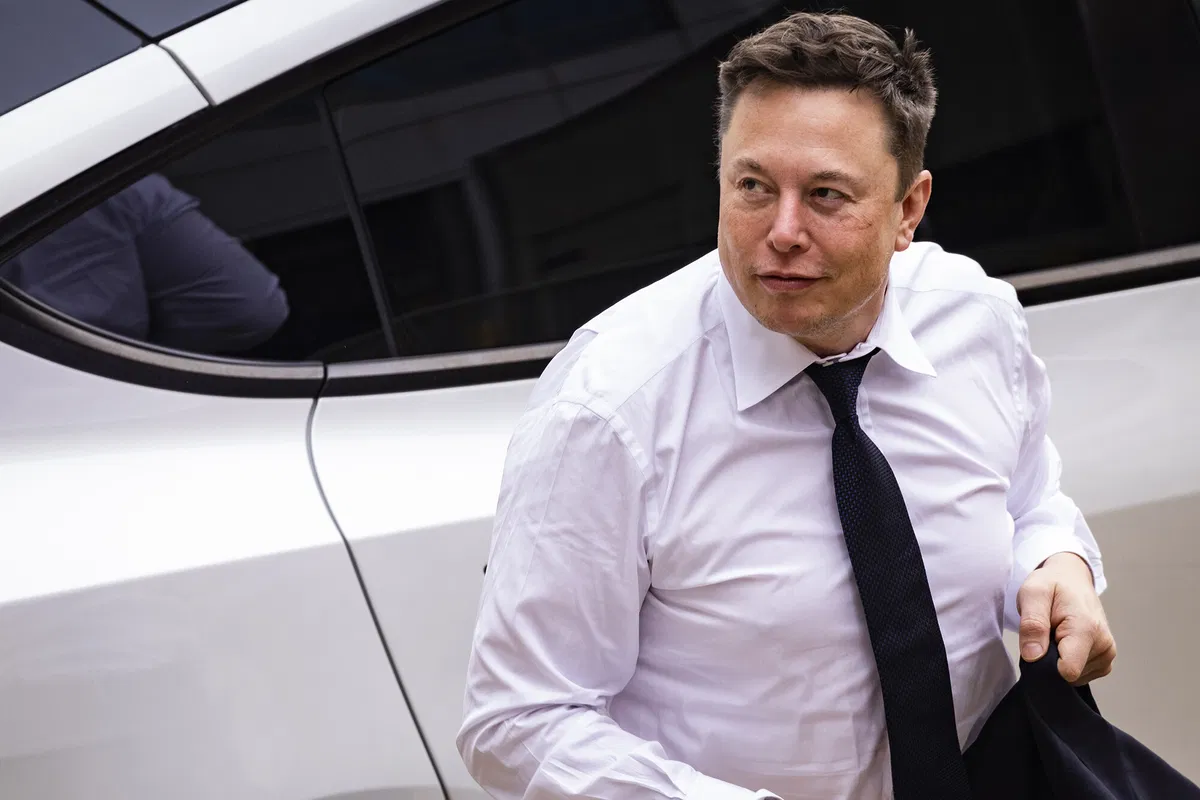
Delaware Chancery Court Judge Kathaleen McCormick has upheld her decision to nullify Tesla CEO Elon Musk’s $56 billion pay package. Despite a shareholder vote earlier this year to re-ratify the deal, McCormick determined that the company’s legal arguments to reverse her judgment were flawed.
In a detailed 103-page opinion published Monday, McCormick dismissed Tesla’s efforts to overturn her initial ruling, citing several legal missteps. “The large and talented group of defense firms got creative with the ratification argument, but their unprecedented theories go against multiple strains of settled law,” she wrote.
Tesla announced plans to appeal to the Delaware Supreme Court via a post on X (formerly known as Twitter). This development follows McCormick’s initial January ruling, which sided with plaintiff Richard Tornetta. The former corporate defense attorney argued that Musk’s influence over Tesla’s board created an unfair and uninformed negotiation process for the compensation package approved in 2018.
Musk’s pay deal was contingent on Tesla achieving specific stock price milestones, which the company quickly surpassed during its production ramp-up of the Model 3 and Model Y. However, McCormick found Tornetta’s claim credible, stating that Tesla’s governance was heavily influenced by Musk, making the deal inequitable.
Shareholder Vote Fails to Reverse Decision
In an attempt to counter the court’s January decision, Tesla presented McCormick’s findings in a proxy statement during a shareholder meeting in June, framing the vote as a form of common-law ratification. Shareholders approved the re-ratification by a two-to-one margin. However, McCormick dismissed the vote’s legal relevance, pointing out that common-law ratifications cannot serve as a defense after a post-trial opinion is issued. She also criticized the proxy statement for containing material misstatements, undermining the legitimacy of the shareholder vote.
McCormick further awarded Tornetta’s legal team $345 million in fees, a fraction of the $5.6 billion initially requested but still a significant sum.
The Delaware Chancery Court’s decision to reject Elon Musk’s $56 billion pay package, even after Tesla shareholders voted in favor of it, shows the challenges that arise when legal standards and investor actions conflict. While the vote indicated strong backing from shareholders, the court pointed to procedural issues and governance concerns as reasons for its ruling, reflecting the complexities of balancing legal oversight with shareholder interests.
Featured Image courtesy of Bloomberg via Getty Images
Follow us for more tech news updates.
